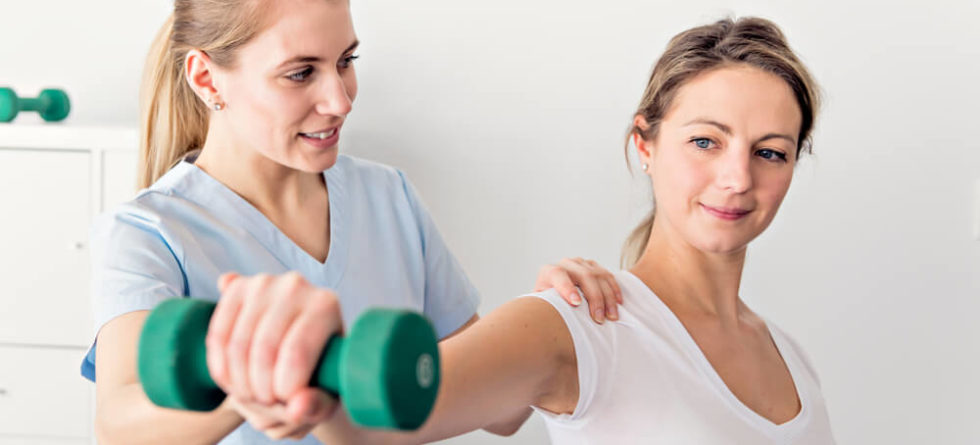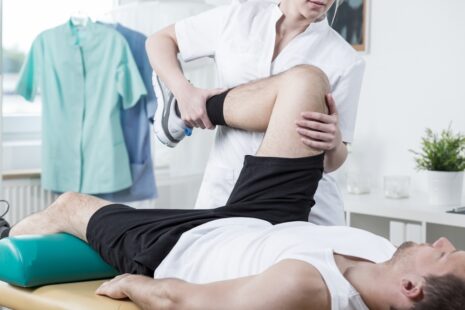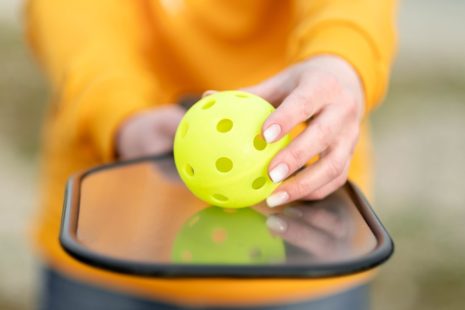Pickleball, like any sport or physical activity, has the potential to place stress on the shoulder, including the rotator cuff. Whether or not pickleball is “bad” for the rotator cuff depends on several factors, including individual factors, playing technique, and overall shoulder health.
For many people, playing pickleball in moderation and with proper form is unlikely to cause harm to the rotator cuff. Certain aspects of the game can increase the risk of shoulder issues, particularly if proper precautions are not taken:
- Overhead Movements: Pickleball involves overhead shots and serving, which can place significant stress on the rotator cuff. Repeatedly performing these overhead movements with improper technique or without adequate warm-up can increase the risk of rotator cuff strain or injury.
- Frequency and Intensity: Playing pickleball frequently or at a high level of intensity without adequate rest and recovery can put excessive strain on the shoulder joint and surrounding structures, including the rotator cuff.
- Poor Technique: Incorrect paddle grip, swinging technique, or body positioning during pickleball can increase stress on the rotator cuff and may contribute to injury over time.
- Prior Shoulder Issues: Individuals with a history of shoulder problems, such as rotator cuff tendinitis or tears, may be more susceptible to exacerbating their condition while playing pickleball.
To reduce the risk of rotator cuff issues while playing pickleball, consider the following tips:
- Proper Warm-up: Always warm your shoulders and perform stretching exercises before playing to prepare the muscles and joints for the activity.
- Learn Proper Technique: Work with a coach or experienced player to learn and practice proper paddle grip, swinging technique, and body positioning to minimize strain on the shoulder.
- Moderation: Avoid overplaying and take regular breaks to allow your shoulders time to rest and recover.
- Cross-Training: Engage in shoulder-strengthening exercises and cross-training activities to improve shoulder stability and reduce the risk of injury.
- Listen to Your Body: If you experience shoulder pain or discomfort while playing pickleball, stop the activity and allow your shoulder to rest. Seek medical attention if the pain persists or worsens.
- Consider Protective Gear: Depending on your individual needs and level of play, consider using shoulder support or padding to protect the shoulder during pickleball.
You should consult with a physical therapist if you have a pre-existing shoulder condition or concerns about your shoulder health. They can provide personalized advice, recommend appropriate exercises, and help you modify your pickleball play to protect your shoulder health.




